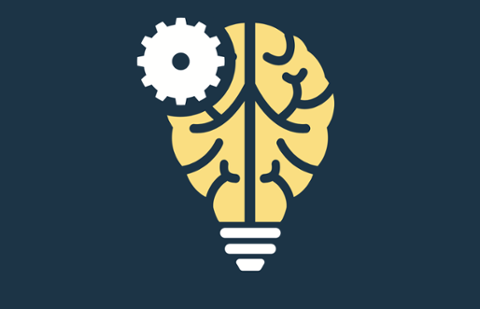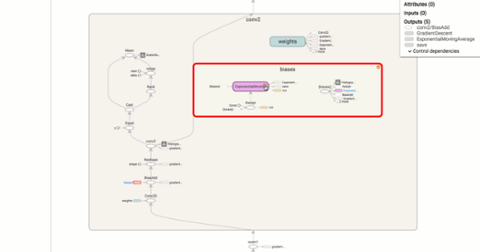The AI Framework That Could Outperform Your Doctor
While there’s little chance your flesh-and-blood physician will be replaced by a robot anytime soon, new advancements in machine learning could help improve healthcare and patient outcomes. The study of machine learning extends back several decades. In 1959, computer scientist Arthur Lee Samuel defined it as a “field of study that gives computers the ability to learn without being explicitly programmed.” No matter how sophisticated the machine’s learning mechanisms, however, some collaboration with human beings is always necessary. Approaches to machine learning include artificial neural networks, inductive logic programming, and reinforcement learning. For industries in which people need to make decisions based on complex datasets, often in the face of multiple unknowns, machine learning dangles the tantalizing possibility of assistance from powerful computers capable of mining insights from massive amounts of data in just a few seconds. Healthcare is one of those industries; as evidenced by IBM adapting its Watson supercomputing platform to parse oncology data, there’s a need for systems capable of absorbing millions of bits of data from doctors’ notes and medical journals, and turning it into insights that physicians can actually act upon. In that spirit, a group of researchers at Indiana University have built an artificial-intelligence framework with the aim of predicting the outcomes of treatment. If that framework proves viable, it could help reduce healthcare costs while improving patient outcomes: hospitals save money, and more people live. Researchers Casey Bennett (a Ph.D student) and Kris Hauser (an assistant professor of computer science) want the framework to rely on sequential decision-making, and simulate multiple alternative treatment paths; if everything goes well, the system will also be capable of adjusting those plans as more information becomes available. If there’s a lack of information—as often happens in healthcare—the framework will be expected to “maintain beliefs about patient health status over time,” according to information released by the university. "The Markov Decision Processes and Dynamic Decision Networks enable the system to deliberate about the future, considering all the different possible sequences of actions and effects in advance,” Bennett wrote in a statement released by the university, “even in cases where we are unsure of the effects.” Unlike some other data platforms deployed for healthcare use, their framework isn’t meant to be specific to a particular disease or disorder. "We're using modern computational approaches to learn from clinical data and develop complex plans through the simulation of numerous, alternative sequential decision paths," Bennett added. "The framework here easily out-performs the current treatment-as-usual, case-rate/fee-for-service models of health care." Bennett and Hauser drew from clinical and demographic data on 6,700 patients with major clinical depression and (in many cases) chronic physical disorders such as cardiovascular disease; using a 500-patient subset of that subject pool, they compared actual doctor performance against their decision-making model. While regular, doctor-powered treatment cost $497 per unit of outcome change, their AI model’s cost $189. "This was at the same time that the AI approach obtained a 30 to 35 percent increase in patient outcomes," Bennett wrote. "We determined that tweaking certain model parameters could enhance the outcome advantage to about 50 percent more improvement at about half the cost." In the future, supercomputers and decision-making frameworks could benefit from the increased prevalence of electronic health records, digitized medical journals, and public biomedical datasets. Does that mean computers are better than doctors at the business of medicine? Not quite. But artificial intelligence platforms—backed by Big Data—could become a vital element in medical treatment. Image: epstock/Shutterstock.com



